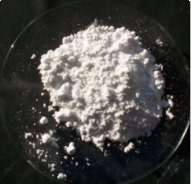-
Call us toll free : +86 13866721542
-
Email : dep5@techemi.com
Call us toll free : +86 13866721542
Email : dep5@techemi.com
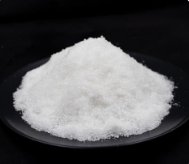
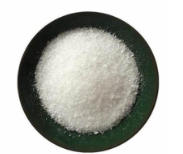
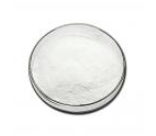
Tags :
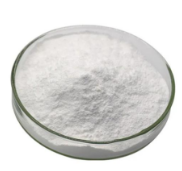
Tags :
